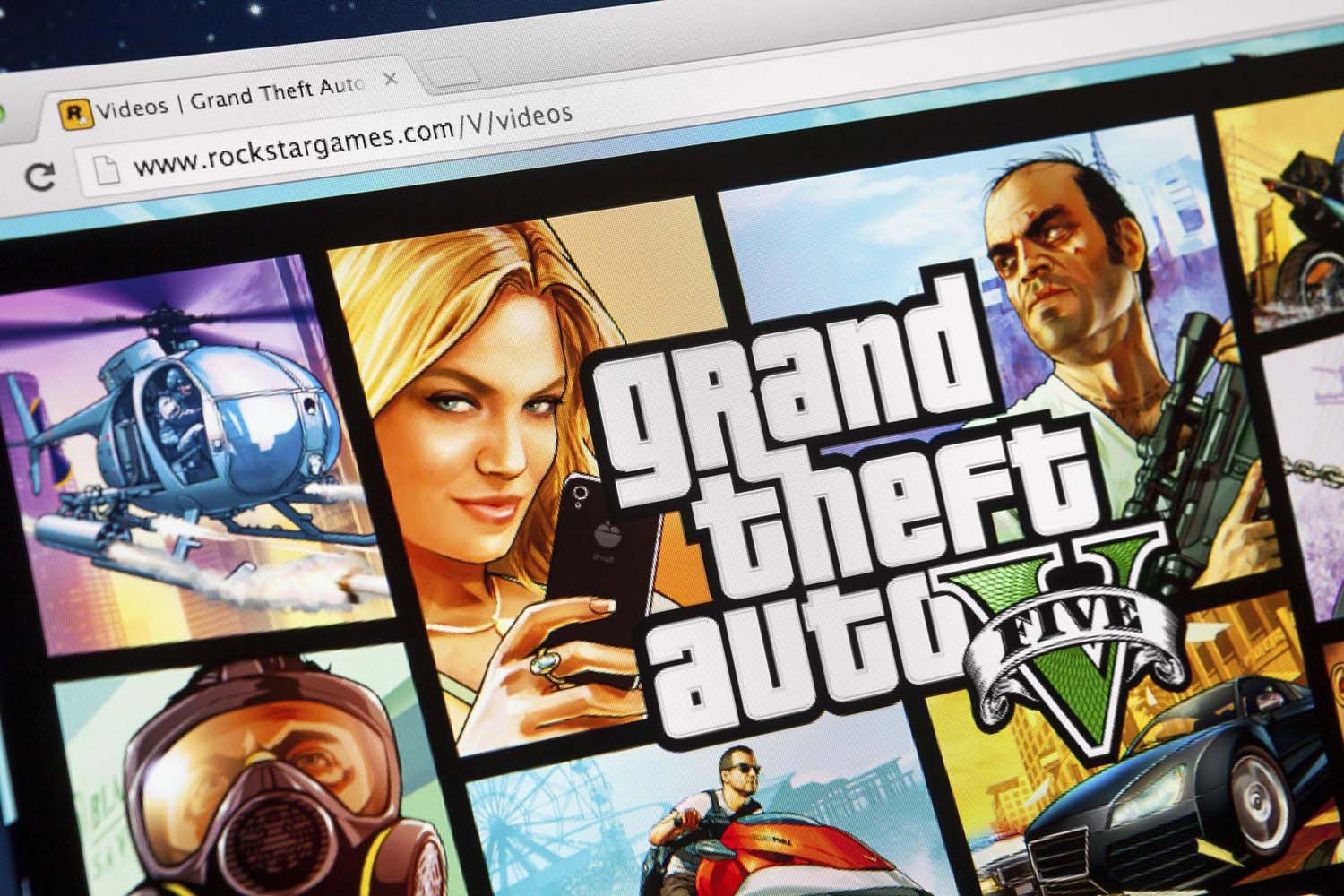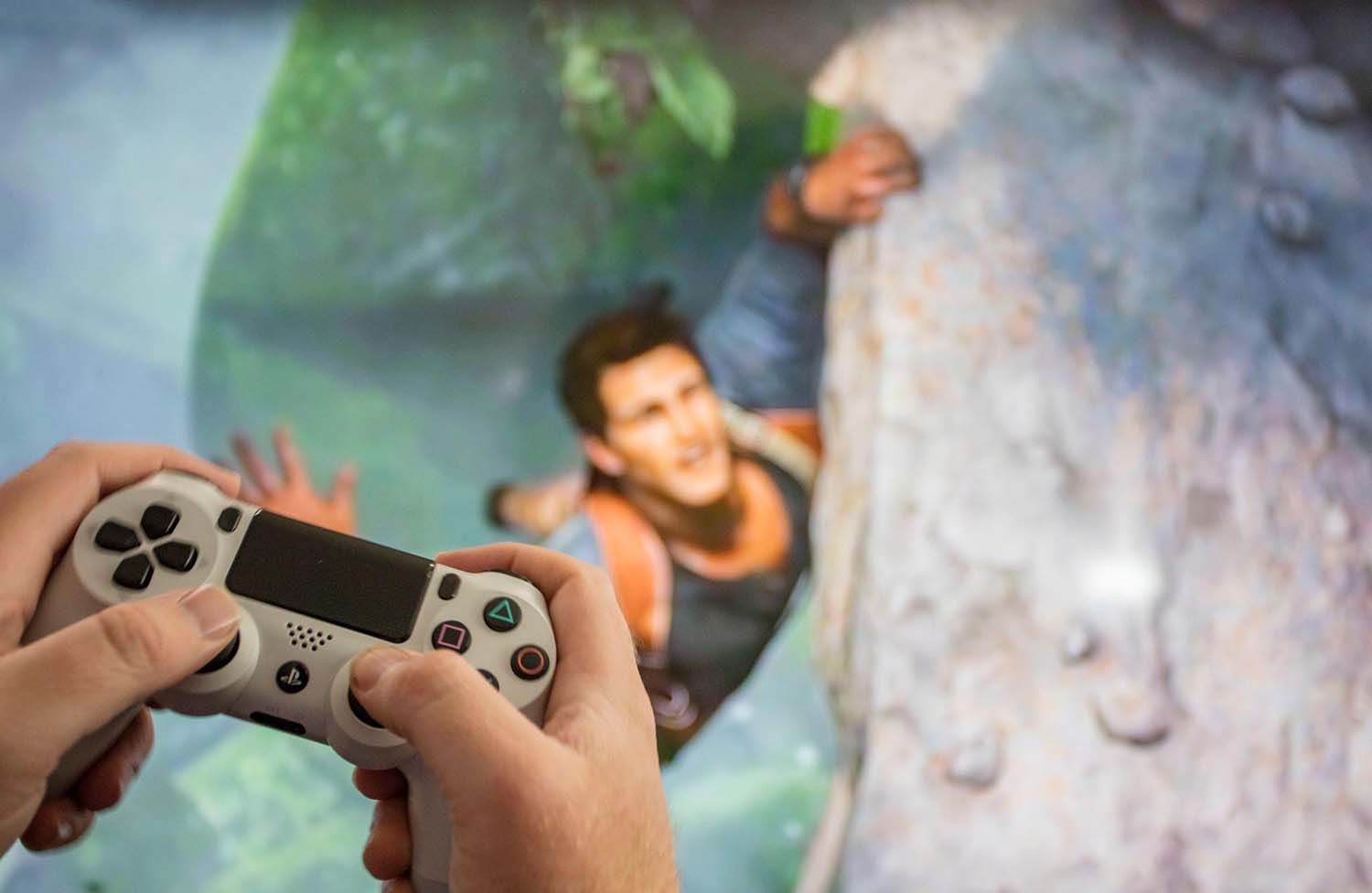It wasn’t that long ago that the movie world was leagues ahead of its competition. Today is very different. The gaming industry is worth an unbelievable $200 billion, which is over five times bigger than the movie industry.
Still, it would be wrong to say that gaming is bigger than movies. That’s not the case. Not everything can be measured in dollars. In truth, there’s a delicate balance between video games and film. There are differences, but also significant overlaps and similarities.
Indeed, they’re more intertwined than many people believe. The gaming world borrows from movies and vice versa. You can see this for yourself by grabbing a casino deal from oddschecker and seeing the large number of movie-inspired slot games, or by looking at the general storylines of the most popular games, which are highly cinematic in scope. They got inspiration from somewhere!
Here we’ll take a closer look at the relationship between video games and movies, and outline what it might be like in the future.

Popular Entertainment
First up, let’s get the main similarity out of the way: these are both forms of popular entertainment. They always have been. The reason that people discuss the overlap today is that video games are finally catching up, in terms of quality, to the movie industry.
It’s worth remembering that the video game industry as we know it is only a few decades old, while the first Hollywood movie came out in 1910, more than one hundred years ago. It took time for video games to find their feet, but now they very much have.
Hollywood Video Game Adaptations
Hollywood produces a lot of original movies, but it still needs help from time to time. When they’re in need of a good storyline or an engaging character, they often turn to the video game world. And that makes sense since that sector offers a lot of intellectual property to work with.
In the past few years, there have been a whole host of big-budget movies based on video games, including Mortal Kombat, Resident Evil, Sonic the Hedgehog, and Uncharted. Those titles felt cinematic in scope (well, maybe not Sonic), so it’s little wonder that they drew the interest of Hollywood.
Sequel Heavy
Both the movie and video game industries understand that if you have a product, then you don’t leave it on the shelf. Both of these industries rely on the power of sequels as a major source of revenue. The difference lies in how sequels are generally received by movie and video game audiences.
In the gaming world, it’s different. Many sequels are considered just as good, if not better, than the originals. And that’s perhaps due to the role of the gamer. If they like the general gameplay, then they’ll be happy to play a game over and over again — a sequel simply offers a slightly different version of the gameplay loop and experience that they’re already happy with.
A gamer can play their favourite title every day; while even the most hardcore movie fan can’t watch the same movie more than a handful of times over a twelve-month period.

In Control Versus Relinquishing Control
The general look, feel, and scope of movies and video games can be highly similar. But there is one significant difference between the two (in their current form, at least), and it’s to do with control. When you play a video game, you’re in control — you influence what happens.
Your failure is your own, as is your success. When you watch a movie, you surrender control. You’re just along for the ride, with no say in what happens. So while both are forms of entertainment, they’re different kinds of entertainment.
Blurring the Lines
Technological limitations have probably held back the relationship between movies and video games. After all, they complement each other well, and you have to imagine that it’s possible to merge the two, then they will.
We’ve already seen light versions of what the future may hold in movies such as Bandersnatch, which actively involved the spectator by having them make decisions that influenced the outcome of the movie, in much the same way they influence a game.
Significant Cultural Influence
Ultimately, perhaps the key similarity between video games and movies is that they both have significant cultural influence. Highly successful movies and video games become part of popular culture and inspire similar levels of fandom that manifest in virtually identical ways.
You’ll see people talking about their favourite movies/video games on fan forums, quoting iconic lines, wearing branded merchandise, and helping to make the release of a new instalment a major event. The product is slightly different, yes, but the results are largely the same.
As we’ve seen, movies and video games are very different, but they operate in the same universe and rely on each other for inspiration and plot lines.








